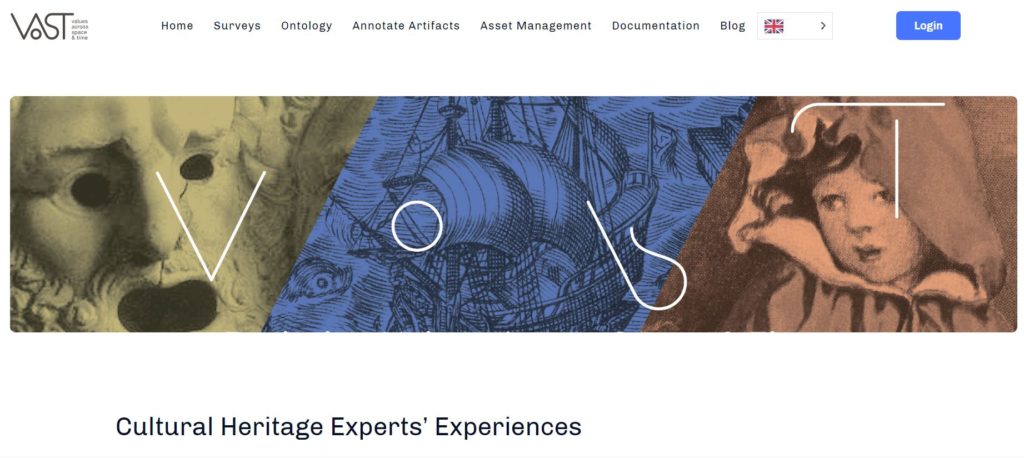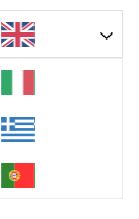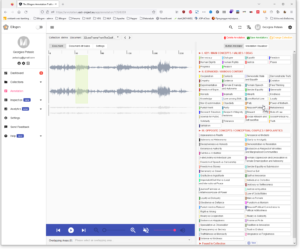Since October 2022 the VAST project communication team initiated a series of activities in the frame of the project’s outreach plan, exploring potential collaborations and synergies with other EU projects in the Cultural Heritage domain.
A series of online meetings were realised with five EU projects, where opportunities for collaboration and synergies were discussed whilst sharing knowledge & methodologies, policy related matters and the exploitation of the VAST Digital Platform’s tools and facilities.
rurAllure
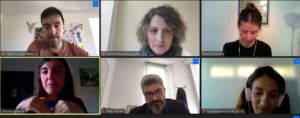
The rurAllure project works on promoting cultural venues and heritage sites from the rural environments of Europe in the vicinity of pilgrimage routes. The starting point was the weakness behind the enormous success of pilgrimage routes: the fact that many provinces and regions of a predominantly rural nature become passive witnesses of the flows of pilgrims while they could add much content and value to their pilgrims’ experience. Thus rurAllure’s goal is to overcome this situation through the allure of the cultural heritage in the rural environment.
TExTOUR
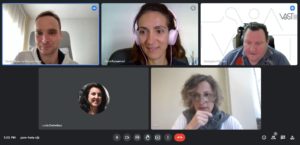
TExTOUR is an EU-funded project that co-designs pioneering and sustainable cultural tourism strategies with the ultimate goal to improve deprived areas in Europe and beyond. To do this, it set up Cultural Tourism Labs at eight pilots located within the EU and outside it.
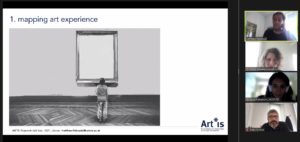
ARTIS
ARTIS is a consortium of research institutions in the social sciences, Art History, Philosophy, Art Education, and Art and Cultural Policy. The project aims to integrate state-of-the-art empirical approaches from psychology, neuroscience, and phenomenology to conduct a series of investigations that identify specific types of experiences with art.
ReInHerit
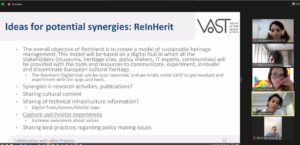 ReInHerit is an Horizon2020 project that aspires to disrupt the current status quo of communication, collaboration, and innovation exchange between museums and cultural heritage sites, in a sense that it will connect cultural heritage collections and sites and present Europe’s tangible and intangible heritage to citizens and tourists in their broader historical and geographical contexts. The project proposes a very innovative model of sustainable heritage management through which a dynamic network will be born.
ReInHerit is an Horizon2020 project that aspires to disrupt the current status quo of communication, collaboration, and innovation exchange between museums and cultural heritage sites, in a sense that it will connect cultural heritage collections and sites and present Europe’s tangible and intangible heritage to citizens and tourists in their broader historical and geographical contexts. The project proposes a very innovative model of sustainable heritage management through which a dynamic network will be born.
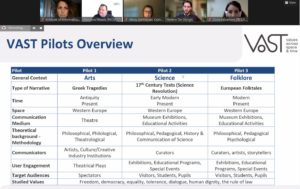
SPICE Project
SPICE project aims to foster diverse participation in the cultural heritage domain via citizen curation, where citizen groups will share and compare their interpretations of cultural objects with other groups. Various tools will assist citizens in this process, helping them build a representation of themselves and appreciate variety and similarity across groups to enhance social cohesion.
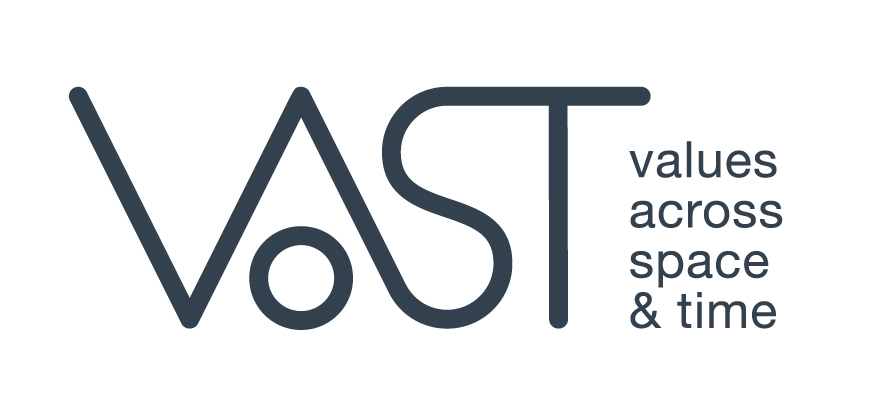
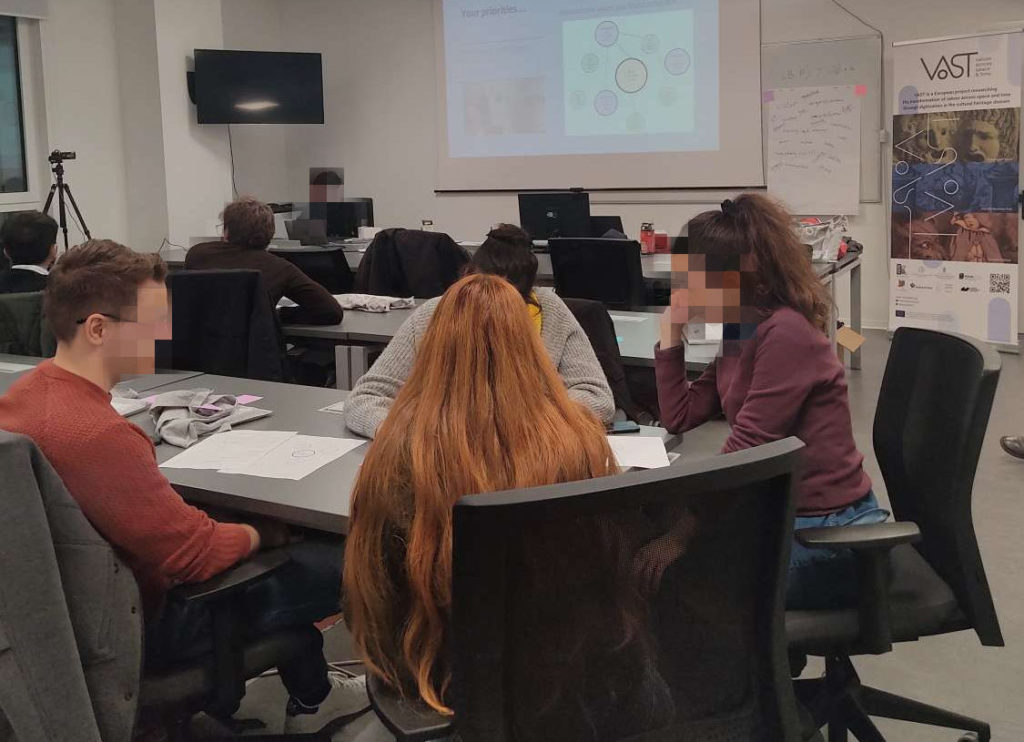
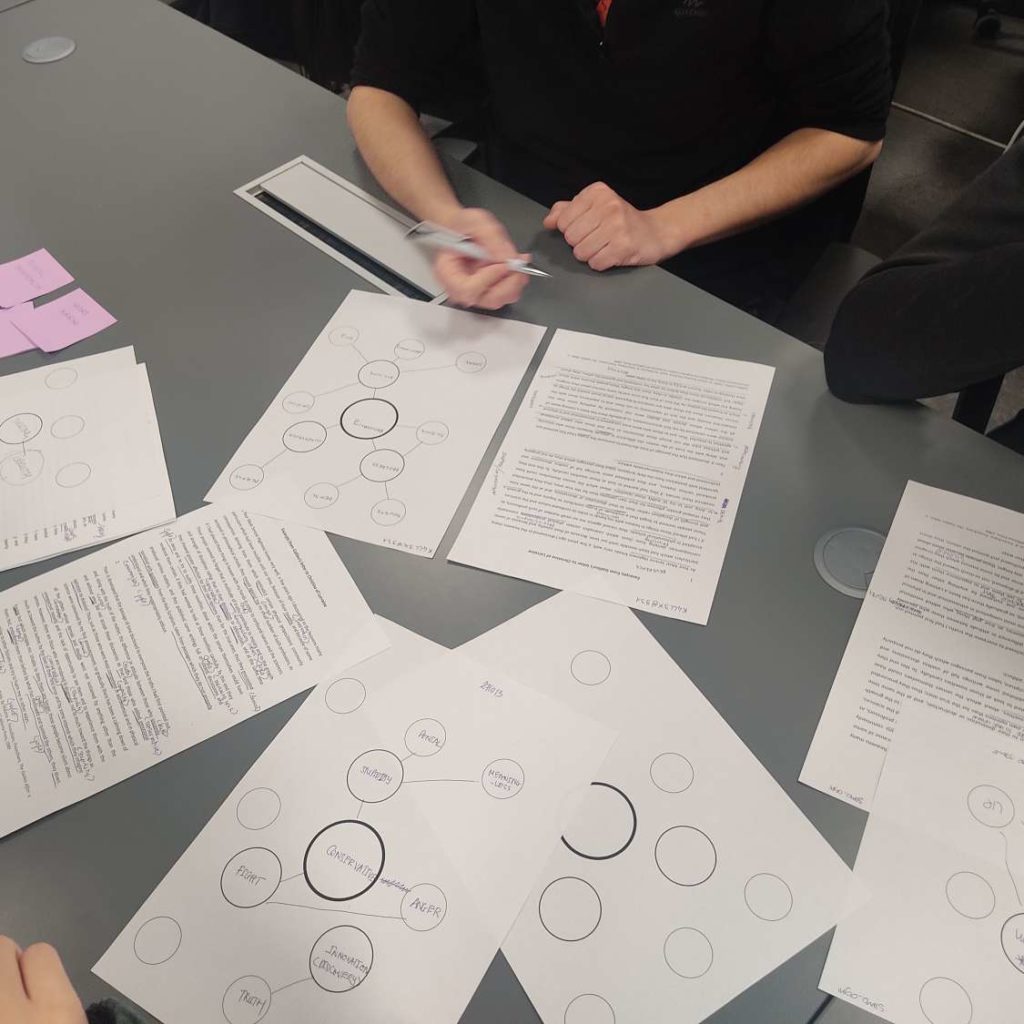
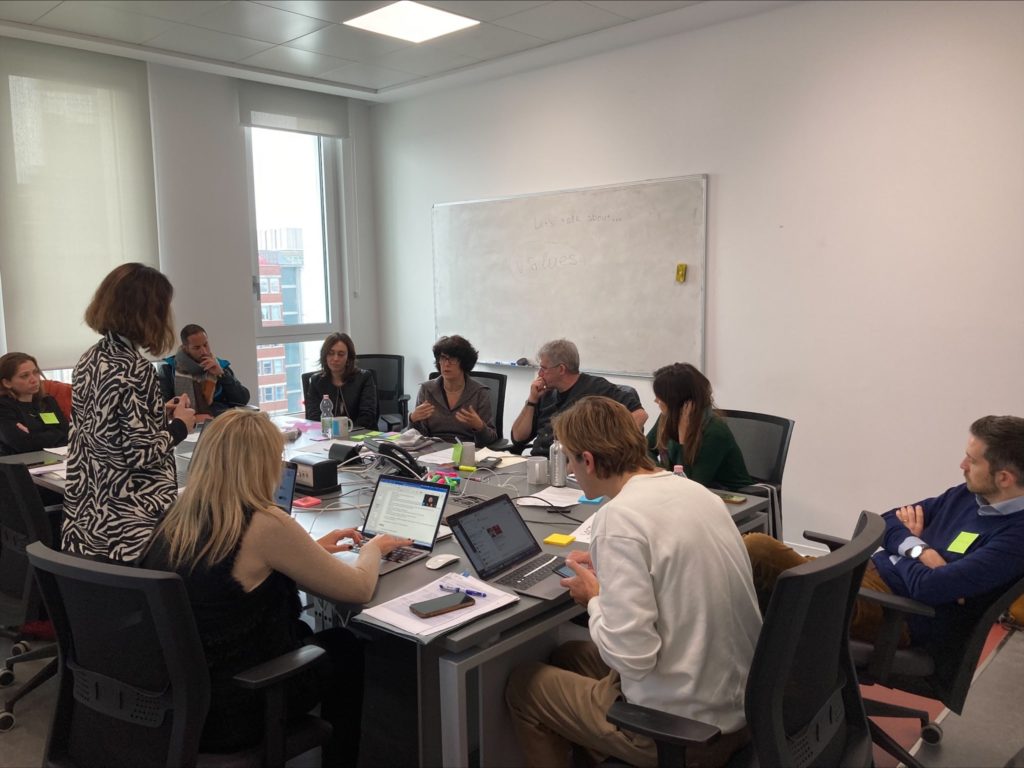
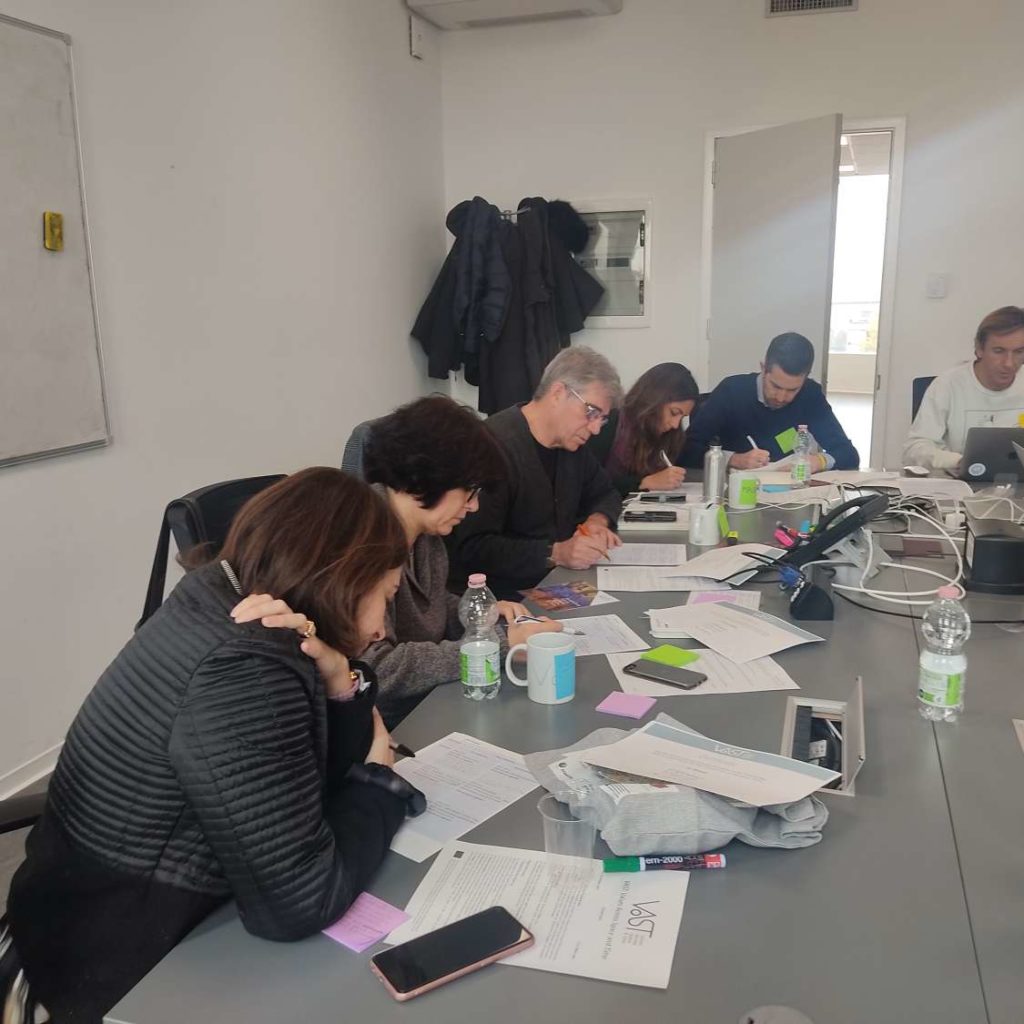
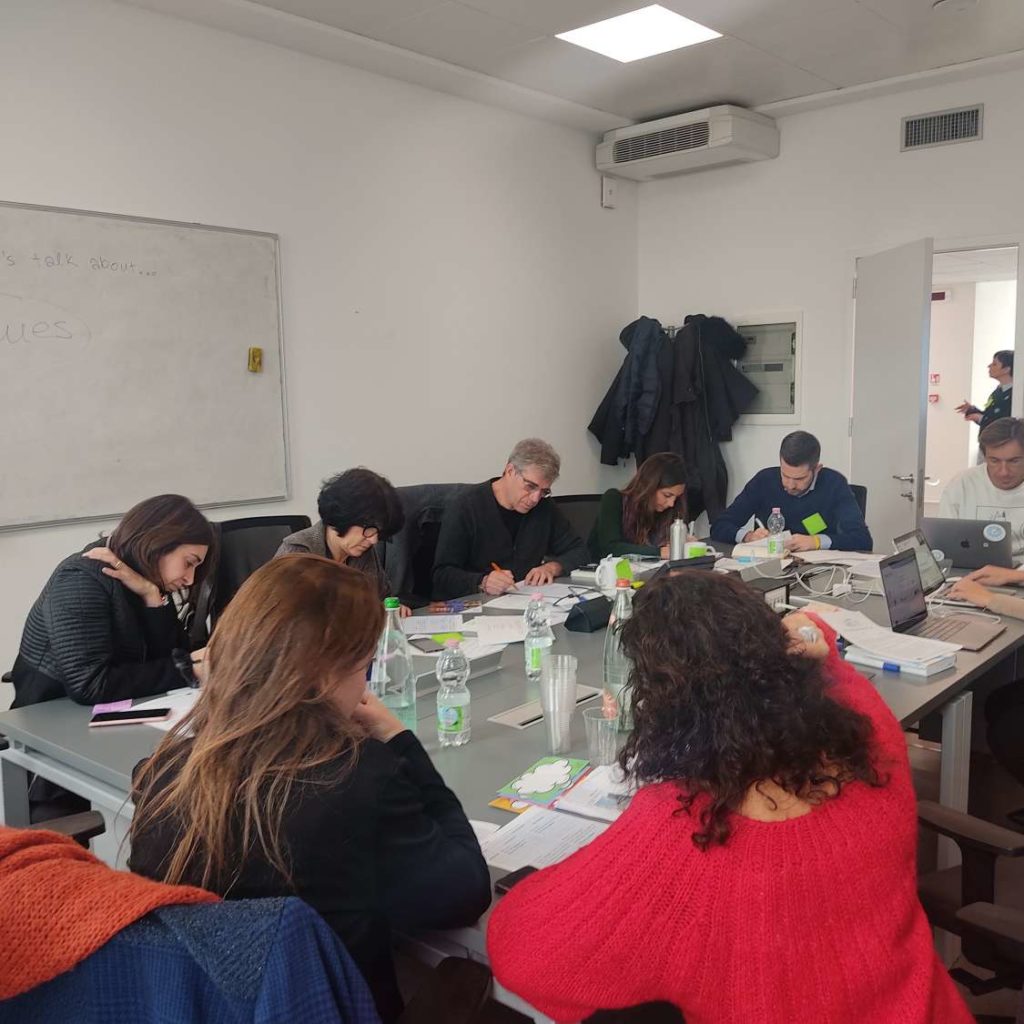

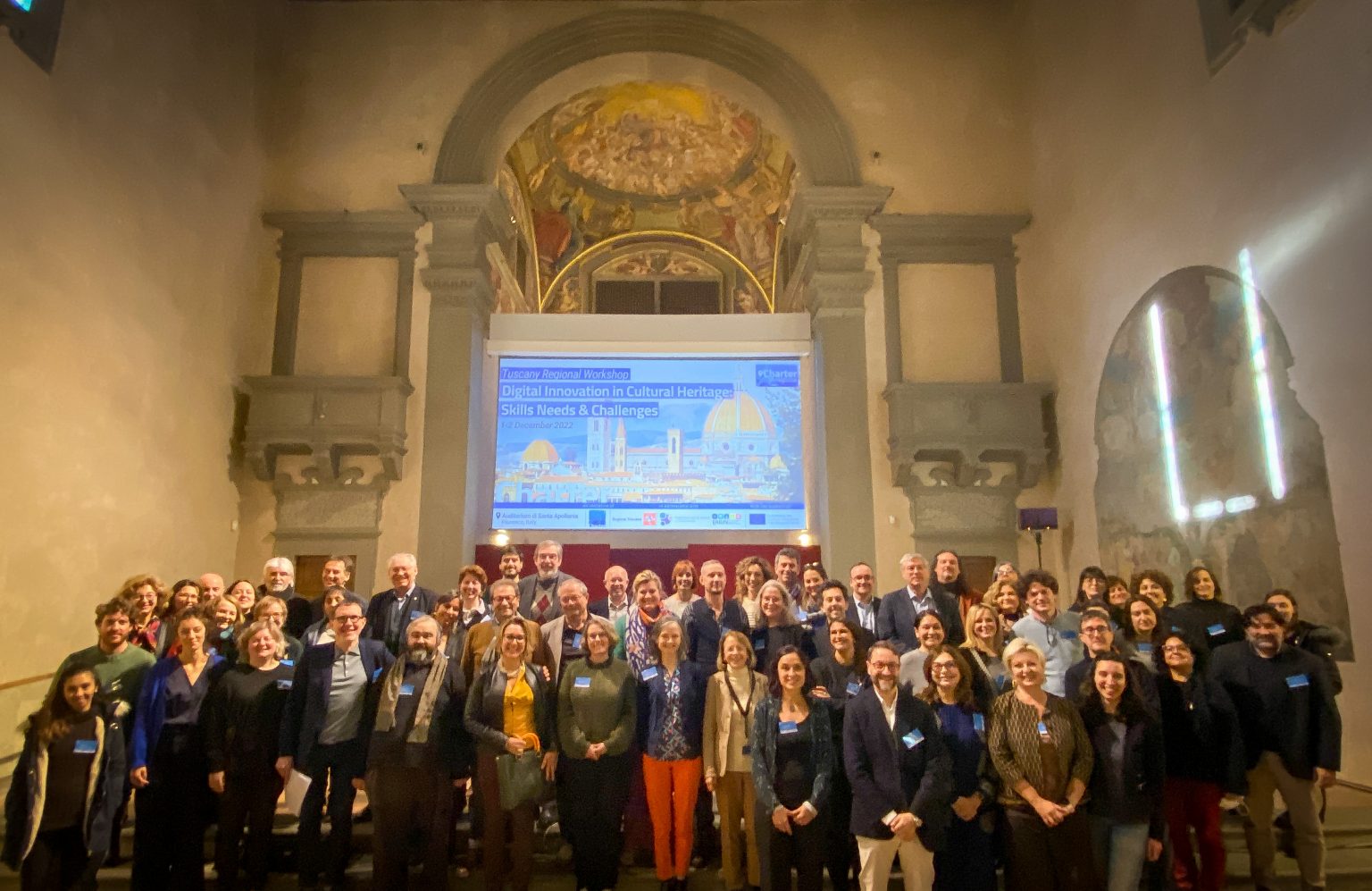
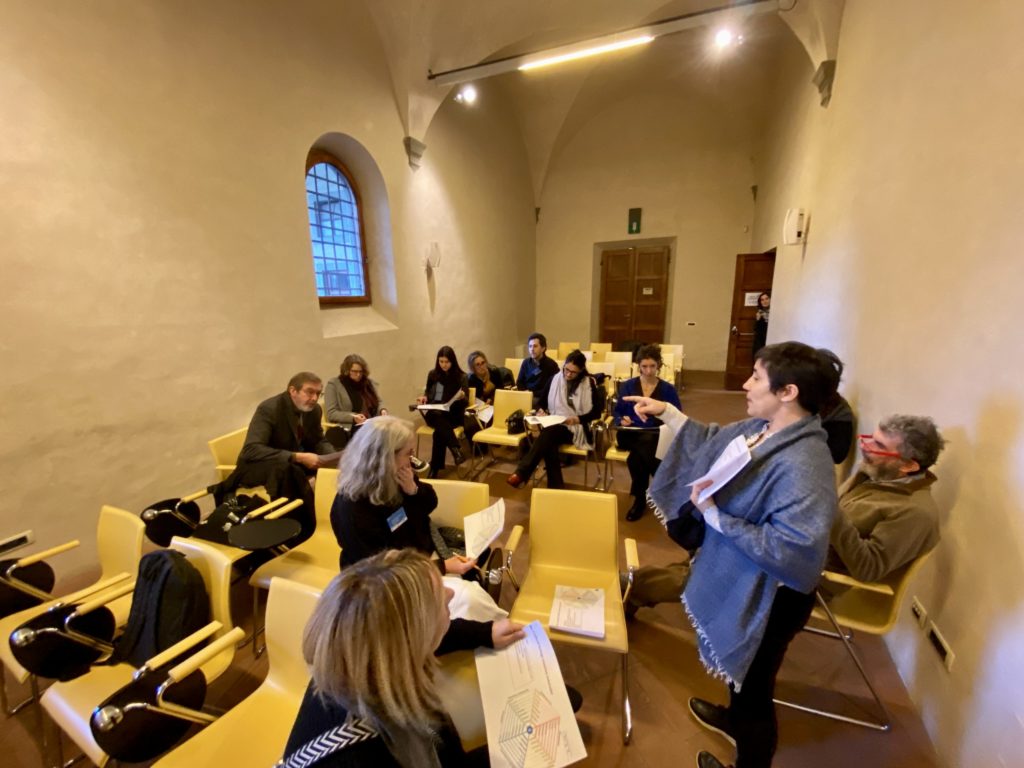
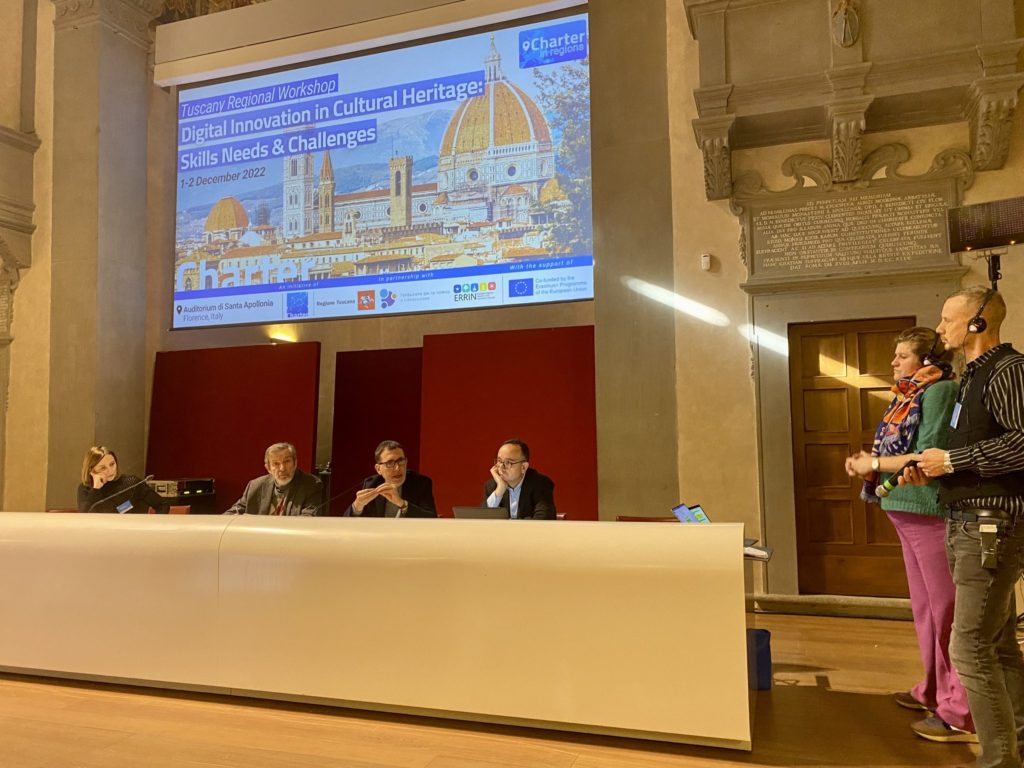
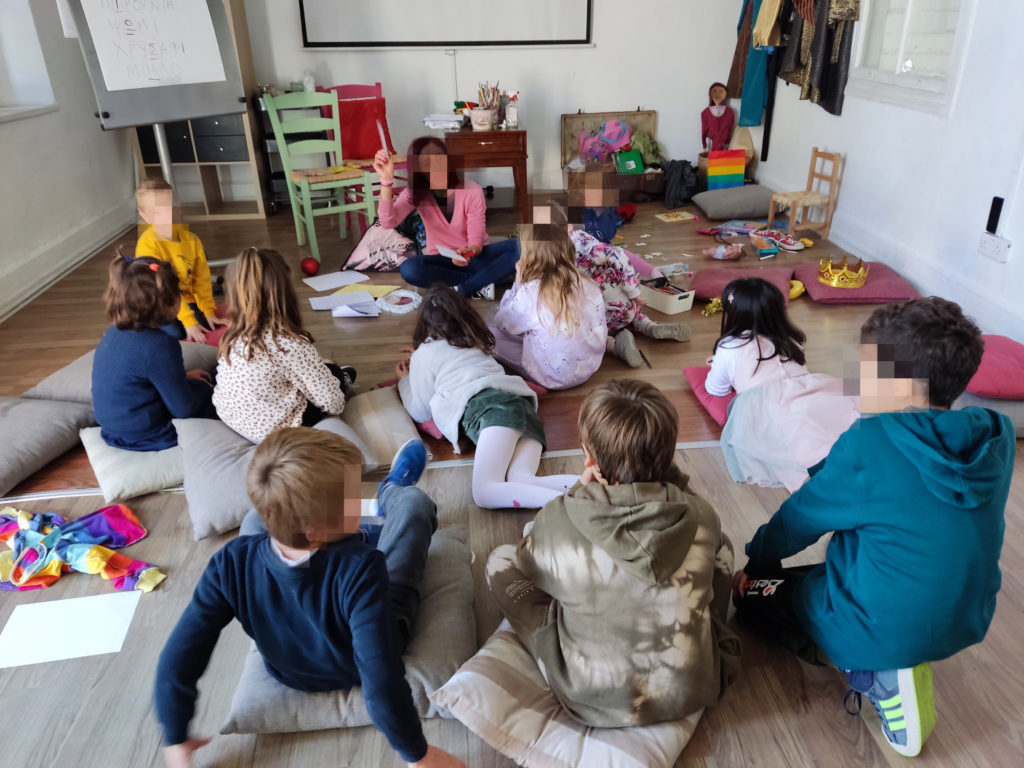
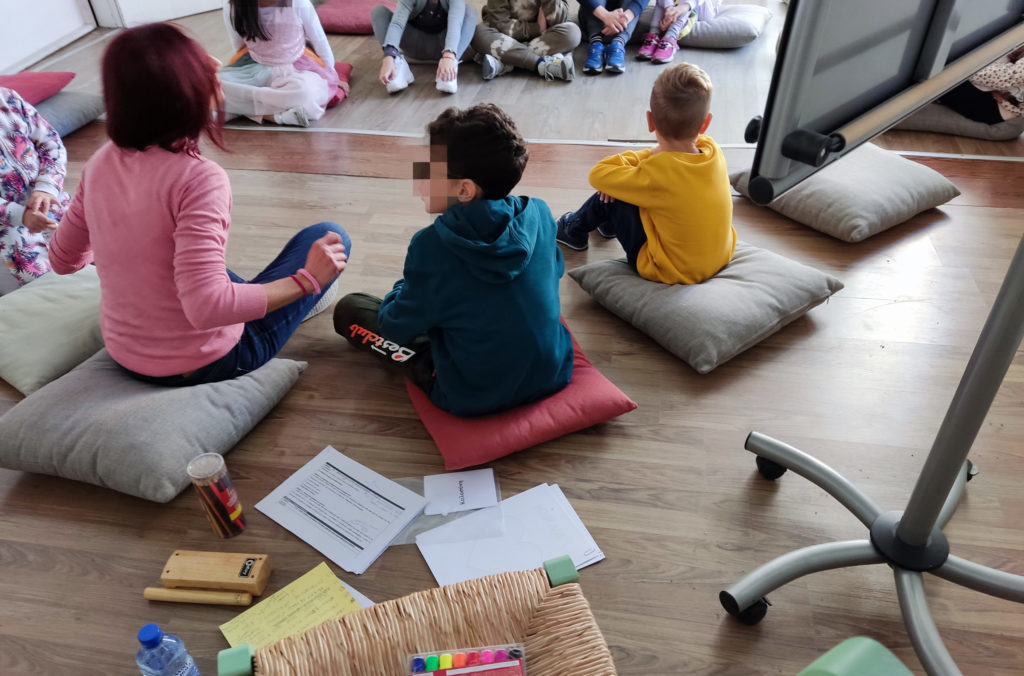
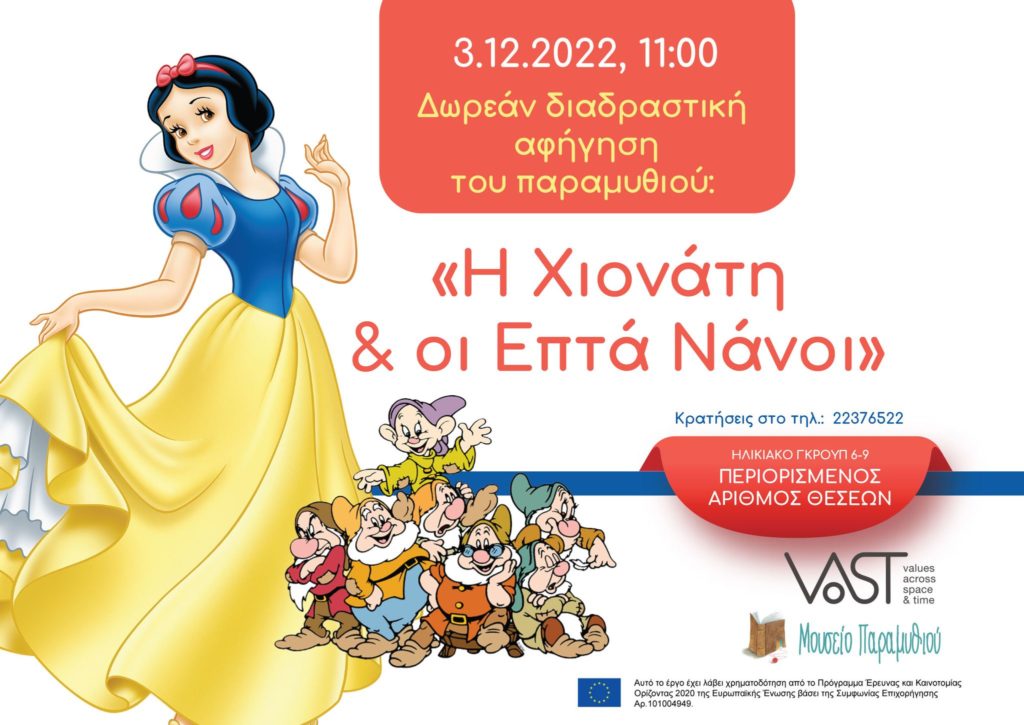
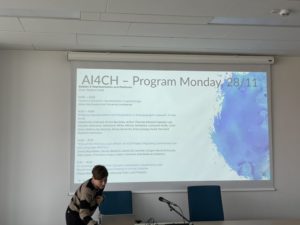



 ReInHerit is an Horizon2020 project that aspires to disrupt the current status quo of communication, collaboration, and innovation exchange between museums and cultural heritage sites, in a sense that it will connect cultural heritage collections and sites and present Europe’s tangible and intangible heritage to citizens and tourists in their broader historical and geographical contexts. The project proposes a very innovative model of sustainable heritage management through which a dynamic network will be born.
ReInHerit is an Horizon2020 project that aspires to disrupt the current status quo of communication, collaboration, and innovation exchange between museums and cultural heritage sites, in a sense that it will connect cultural heritage collections and sites and present Europe’s tangible and intangible heritage to citizens and tourists in their broader historical and geographical contexts. The project proposes a very innovative model of sustainable heritage management through which a dynamic network will be born.
